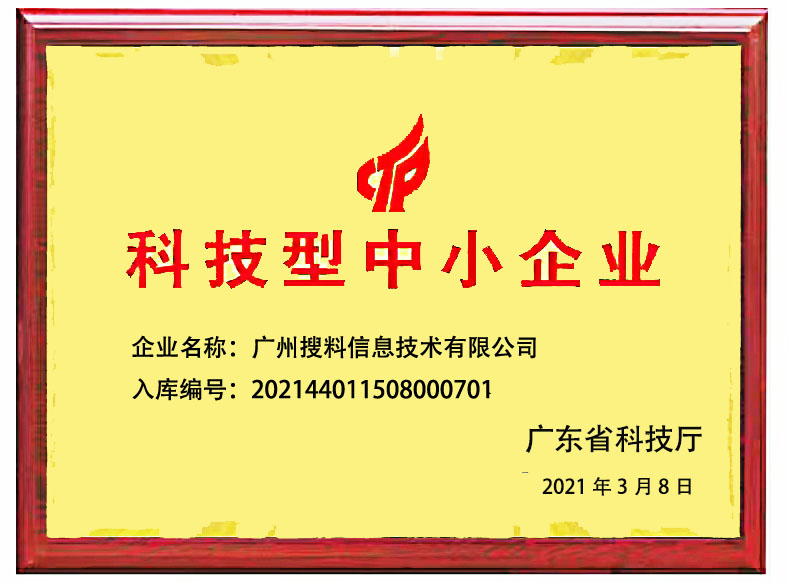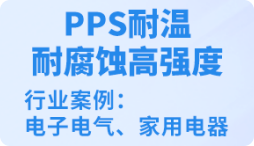
公司信息及水印






| 牌号简介 About |
|---|
| Arlon® 25N和25FR是编织玻璃纤维增强陶瓷填充复合材料,设计用于微波和射频多层印制电路板。将非极性热固性树脂系统与可控膨胀陶瓷填料相结合,25N和25FR提供低介电常数和损耗,并结合低介电常数热系数(TCER),以在较宽的环境温度范围内实现信号稳定性。25N和25FR设计用于多层封装,提供化学成分和物理性能与覆铜层压板相同的预浸料,用于完全均匀的成品封装,以实现最佳信号完整性。25N和25FR材料具有低介电常数(ER)和损耗特性、低介电常数热系数(TCER)和良好的物理稳定性,使其非常适合无线和数字应用,如蜂窝电话、下变频器、低噪声放大器、天线和其他先进的des-ig。n电路。25N和25FR材料的加工与标准高温热固性印刷电路板基板的加工一致。 Arlon 25N and 25FR are woven fiberglass reinforced, ceramic-filled composite materials engineered for use in microwave and RF multilayer printed circuit boards. Combining a non-polar thermoset resin system with a controlled-expansion ceramic filler, 25N and 25FR offer low dielectric constant and loss combined with a low Thermal Coefficient of Dielectric Constant (TCEr) for signal stability over a wide ambient temperature range. Designed for use in multilayer packages, 25N and 25FR offer prepregs that are identical in chemical composition and physical properties with their copper clad laminates for a completely homogeneous finished package for optimal signal integrity. The low dielectric constant (Er) and loss properties, low thermal coefficient of dielectric constant (TCEr), and excellent physical stability characteristics offered by 25N and 25FR materials make them ideal for wireless and digital applications, such as cellular telephones, down converters, low noise amplifiers, antennas and other advanced des ign circuits. Processing for 25N and 25FR materials is consistent with processing for standard high temperature thermoset based printed circuit board substrates. |
| 技术参数 Technical Data | |||
|---|---|---|---|
|
物理性能 PHYSICAL |
额定值 Nominal Value |
单位 Units |
测试方法 Test Method |
|
密度 Density 2 |
1.70 | g/cm³ | ASTM D792-A |
|
吸水率 Water absorption rate 3 |
|||
|
23℃,24hr 23℃,24hr 3 |
0.090 | % | 内部方法 |
|
挥发物 Volatiles 4 |
0.010 | % | |
|
机械性能 MECHANICAL |
额定值 Nominal Value |
单位 Units |
测试方法 Test Method |
|
弯曲强度 bending strength |
|||
|
23℃ 23℃ |
208 | MPa | ASTM D790A |
|
薄膜 film |
额定值 Nominal Value |
单位 Units |
测试方法 Test Method |
|
拉伸强度 tensile strength 2 |
|||
|
MD,屈服 MD, yield 2 |
111 | MPa | ASTM D882A |
|
剥离强度 peel strength 5 |
N/m | 内部方法 | |
|
热性能 THERMAL |
额定值 Nominal Value |
单位 Units |
测试方法 Test Method |
|
线性热膨胀系数 Linear coefficient of thermal expansion |
|||
|
MD MD |
|||
|
-- -- 6 |
cm/cm/℃ | 内部方法 | |
|
-- -- 7 |
cm/cm/℃ | 内部方法 | |
|
导热系数 Thermal conductivity coefficient |
|||
|
100℃ 100℃ |
W/m/K | ASTM E1225 | |
|
电气性能 Electrical performance |
额定值 Nominal Value |
单位 Units |
测试方法 Test Method |
|
表面电阻率 Surface resistivity |
ohms | 内部方法 | |
|
体积电阻率 Volume resistivity |
ohms·cm | 内部方法 | |
|
介电常数 Dielectric constant 8 |
|||
|
23 ℃,10.0 GHz 23 ℃,10.0 GHz 8 |
内部方法 | ||
|
耗散因数 Dissipation factor 8 |
|||
|
10 GHz 10 GHz 8 |
内部方法 | ||
|
补充信息 Supplementary information |
额定值 Nominal Value |
单位 Units |
测试方法 Test Method |
|
Total Mass Loss(125℃) Total Mass Loss(125℃) 9 |
% | ||
|
Water Vapor(Recovered) Water Vapor(Recovered) |
% | ||
| 备注 |
|---|
| 1 一般属性:这些不能被视为规格。 |
| 2 23°C |
| 3 E1/105 + D24/23 |
| 4 Maximum 0.10% |
| 5 After Thermal Stress |
| 6 Y-axis |
| 7 Z-axis |
| 8 C23/50 |
| 9 < 10e-6 torr, Maximum 1.00% |
|
【新闻资讯】查看全部
扬子塑料厂竭尽全力应对雨雪天气严峻考验
2016-01-27 连日来的低温天气给装置安稳生产带来了许多不利因素,扬子塑料厂上下齐心协力、各司其职,全力以赴地做好防冻、防凝、防滑工作,确保职工的人身安全和生产装置的安全运行。 扬子塑料厂高度重视低温天气下的装置安全生产,做好生产现场防滑措施,确保巡检路线畅通,为职工创造安全的工作环境。各车间严格执行各项防冻保温的检查工作,及时对装置防冻保温工作进行自查整改,对各设备的伴热管线,伴水管线进行仔细排查,记录在案。同时要求职工在冬季生产运行中认真执行操作规程,加强高、偏、远点的检查力度,按时巡 |
|
【免责声明】 广州搜料信息技术有限公司保留所有权利。 此数据表中的信息由搜料网soliao.com从该材料的生产商处获得。搜料网soliao.com尽最大努力确保此数据的准确性。 但是搜料公司对这些数据值及建议等给用户带来的不确定因素和后果不承担任何责任,并强烈建议在最终选择材料前,就数据值与材料供应商进行验证。 |














































 支付宝
支付宝 微信支付
微信支付